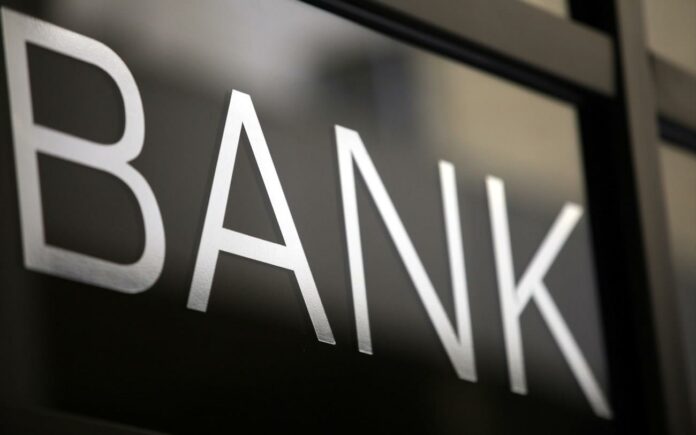A complete evaluation of the stress tests on Greek banks, conducted last February, will be released in October 2018, nevertheless all four of Greece’s systemic banks passed the ECB’s “health check” process conducted last February, ahead of the regularly scheduled exercise for other such credit institutions in Eurozone countries.
The results show that the thrice-recapitalized (since 2010) National Bank of Greece, Piraeus Bank, Alpha Bank and Eurobank are judged as able to withstand even the most adverse macroeconomic scenario, whereby GDP drops in Greece by 1.3 percent this year and by 2.1 percent in 2019.
“The results of the 2018 stress test of Greek significant institutions show that the average capital depletion under the adverse scenario, which covered a three-year period and assumed static balance sheets, was 9 percentage points, equivalent to 15.5 billion euros (18.6 billion US dollars),” an ECB statement read, while adding:
“The capital depletion stood at 8.56 percentage points for Alpha Bank, 8.68 percentage points for Eurobank, 9.56 percentage points for the National Bank of Greece (NBG) and 8.95 percentage points for Piraeus Bank.”
The emphasis now is on reducing the “Olympus-sized” mountain of debt held by the four banks in the form of NPLs, which have often hovered at the 100-billion-euro mark over the recent period, by as much as 30 percent up until next year. The country will exit the three and last bailout on Aug. 20, whereby it must seek borrowing from the markets to finance future debt needs.
In a much more guarded report, a FT article on the development noted that “Greece’s four biggest banks would take a 15.5-billion-euro hit to their combined capital ratios in a future economic downturn.”
According to FT, Alpha Bank performed the best, as its CET1 ratio declined from 18.25 percent at the end of 2017 to 9.69 per cent at the end of 2020 in the adverse scenario. Piraeus Bank posted the most sluggish performance, as its CET1 ratio declined from 14.85 per cent to 5.89 percent in the adverse scenario.
Banks’ reactions
In commenting on the results, Alpha Bank CEO Demetrios P. Mantzounis noted that “Alpha Bank’s outstanding performance in the stress test demonstrates the strength of our capital base and highlights our capacity to deliver on our strategic objectives. Alpha Bank’s sector-leading capital position allows us to remain fully focused on delivering our NPE business plan and support the momentum of the Greek economic recovery, by providing financing and helping businesses to grow.”
On his part, Eurobank CEO Fokion Karavias stated:
“We are particularly satisfied with the Bank’s performance in the Stress Test. The ECB exercise confirms that notwithstanding the strict assumptions of the adverse scenario, Eurobank remains resilient to external shocks… The present ST result follows a multi-year period of turbulence in the Greek banking sector. Eurobank’s total capital, at the high end of the sector, and its overall solid performance, allow us to streamline all our efforts in order to implement and deliver on our business priorities. We mainly focus on two pillars: First, to effectively manage and rapidly decrease our stock of non-performing exposures, in line with our plans. Second, to provide financing to our clients, both households and businesses, to the Greek economy and the region”.
Piraeus Bank CEO Christos Megalou announced that “…the results of the Stress Test Exercise confirm that the market environment in Greece is tangibly improving, even under the conservative assumptions applied in such a robust regulatory exercise. We remain committed to the execution of “Agenda 2020” to further strengthen Piraeus’ financial position and support the country’s ongoing economic recovery.”
Given that National Bank of Greece on Friday announced the resignation of Leonidas Fragiadakis as its CEO, the country’s oldest and most venerable credit institution merely issued a press release stating that “… NBG’s capital position in the adverse scenario of the ST is 9.6ppts, reaching a CET1 level of 6.9% in 2020, including an IFRS 9 impact of 70bps post 1/1/2018 and a CRD IV impact of 20bps. Under the baseline scenario, the CET1 ratio drops by 50bps reaching 16.0% in 2020, again including -70bps from IFRS 9 phased in adoption and -20bps from CRDIV.”














